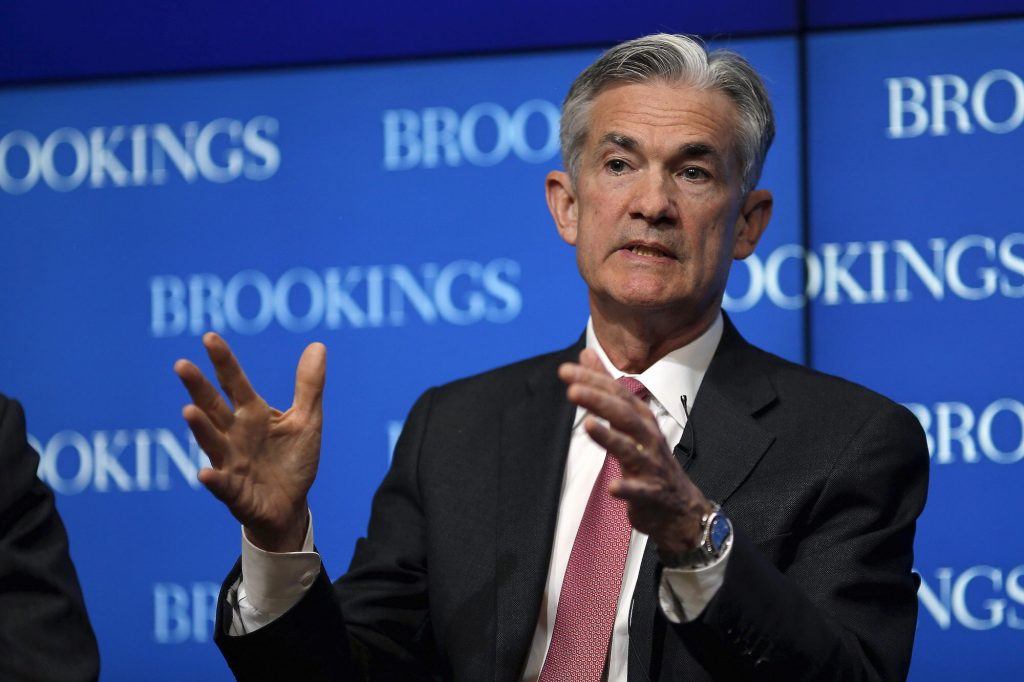- Investors are too closely focused on inflation and the Federal Reserve, a Bank of America strategist said.
- They should pay attention to the long end of the bond yield curve, Savita Subramanian told Bloomberg.
- Analysts will closely assess Fed Chair Jerome Powell's comments at Friday's Jackson Hole gathering.
Stock investors are placing too much weight on inflation and Federal Reserve monetary policy — and that's "bizarre", given longer-term US bond yields are more important, a top Bank of America strategist has said.
Savita Subramanian told Bloomberg TV that investors are fixated on the stream of economic data releases and on how the Fed might shift its approach to interest rate hikes.
"What's bizarre to me is this laser focus on inflation prints on a monthly basis, and real-time reads on inflation and what the Fed's going to do," she said in an interview Thursday. "'Are they going to hike 50 basis points or 25, are they going to start cutting?'"
"All of that is second to what happens to the long end of the curve," she added. "This is a very complex moment for equities."
Subramanian, head of US equity and quant strategy at Bank of America, was speaking ahead of a speech by Fed Chair Jerome Powell at the central bank's Jackson Hole conference Friday.
Market watchers are looking to Powell's comments for hints about the Fed's thinking on monetary tightening. Wall Street analysts broadly expect the US central bank to slow its pace of rate hikes, with a 50 basis point raise at its September meeting.
But investors should pay attention to longer-term Treasury yields, rather than combing through the language Powell uses, Subramanian said.
The long end of the yield curve is key to the cost of capital for companies, she noted, and even a small swing higher could have a significant impact on stock prices.
"A mere 50 basis point change in the cost of equity capital, which is more influenced by the long end, could drive the market either really high or really low from here," she said.
For a case in point, Subramanian noted that investors took heart from the most recent inflation and jobs data, which raised hopes the US will dodge a recession.
But the BofA strategist saw it as "overwhelmingly negative", because it suggested pricing power for the average company is starting to wane, and demand is starting to wane.
"Wages, which are the biggest depressant on corporate margins for the S&P 500, are sticky and high," she said. "Why are we celebrating about this? I just don't get it."
"What we are all looking for are reasons to get more bullish, but the reasons are pretty thin if you ask me," she added.
